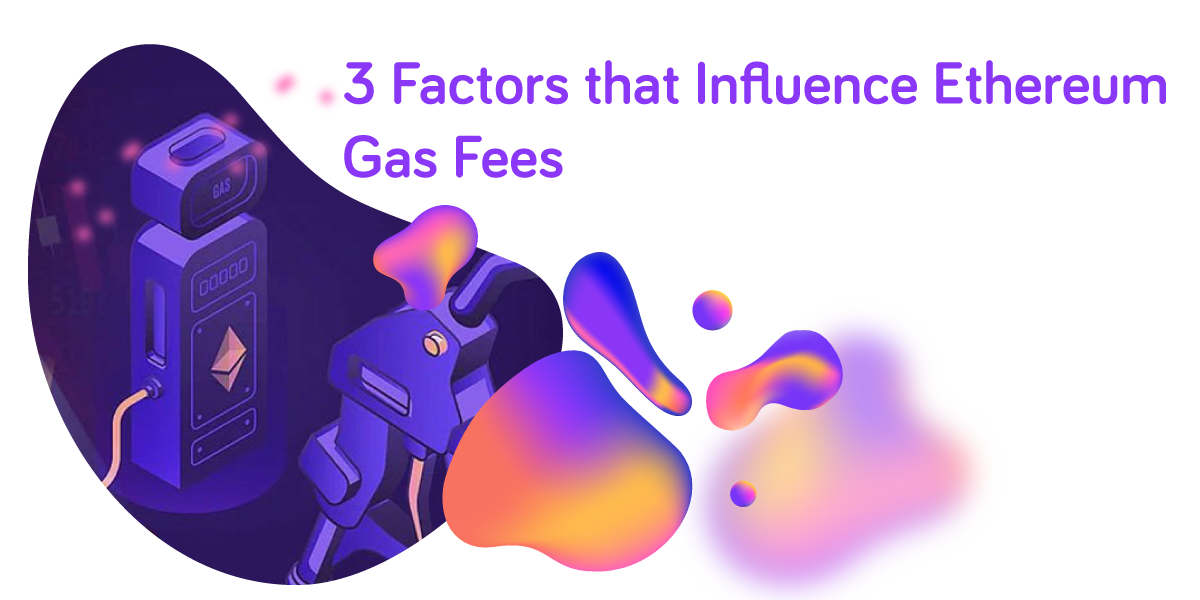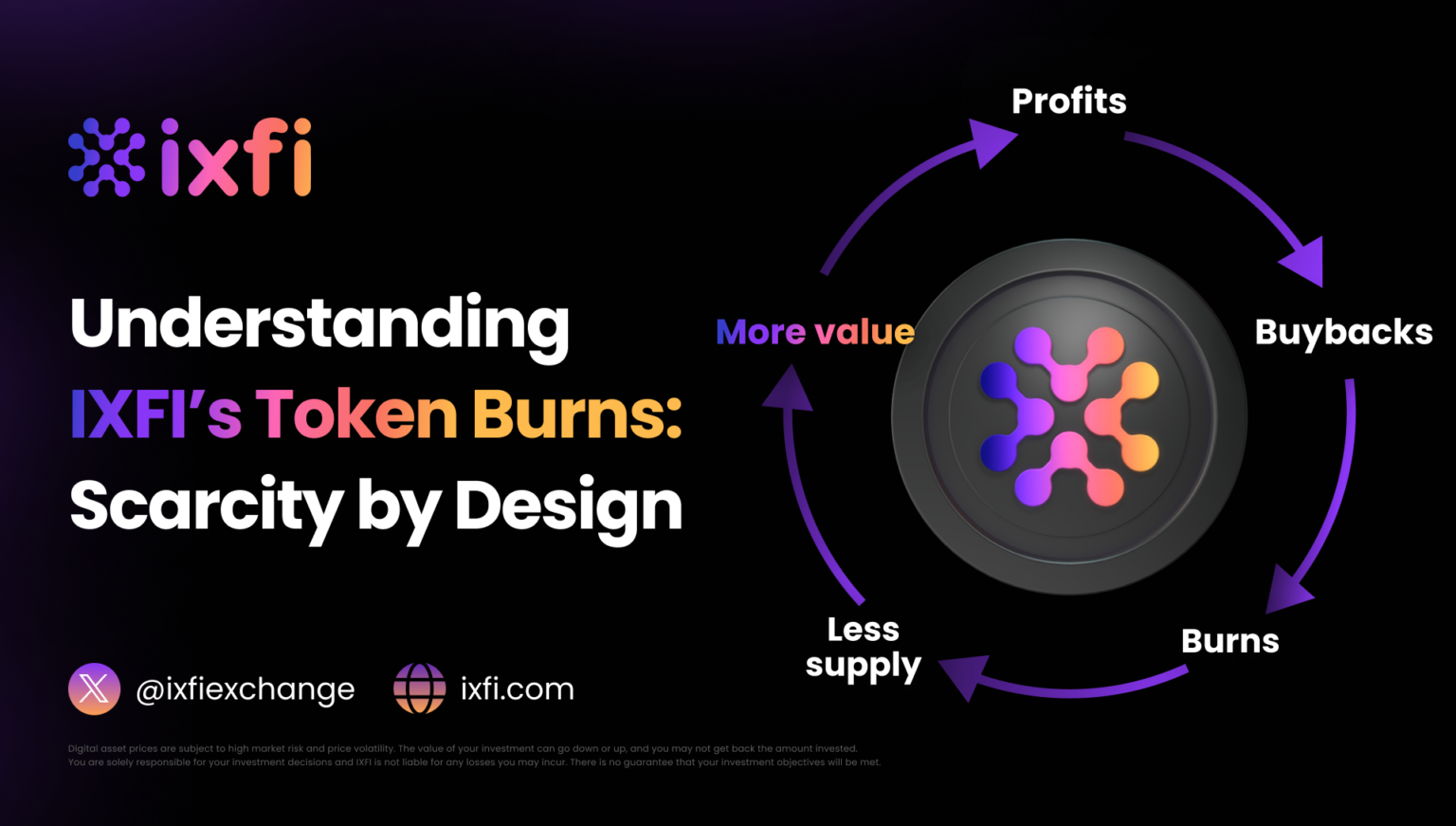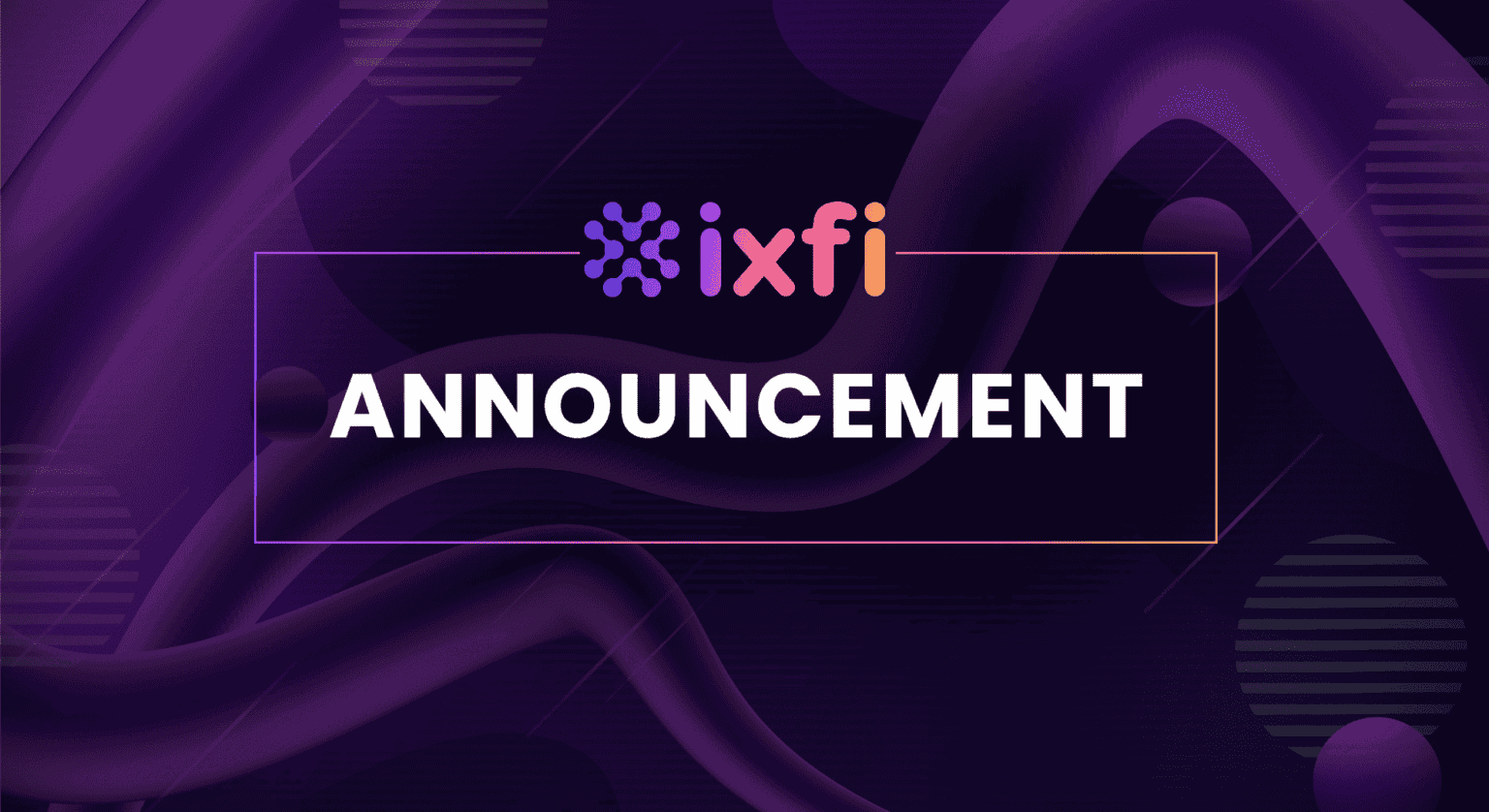In the simplest terms, a gas fee is a transaction fee. These gas fees apply to all transactions made on a blockchain — we’ll cover the Ethereum network in this specific case.
Gas fees:
● are not a fixed amount
● are not a percentage of the transaction value
● fluctuate in price
There are two types of gas fees:
- One-time fees — fees that you pay one time for making a transaction. They can also be fees that you pay to activate different accessibilities or utilities when interacting with the blockchain.
- Recurring fees — fees that you pay on each transaction after paying your one-time fees. They are not recurring fees in the sense that they charge you every month or every day. These fees apply to every transaction you make, even after you’ve made your first transaction.
When you’re doing anything directly on the blockchain, you will be charged a gas fee. You’ll pay recurring gas fees when doing any of the below on the Ethereum Blockchain:
● Accepting an offer — maybe you’ve listed an NFT for sale and someone sends you a request of 1 ETH, if you decide to accept that offer you’ll pay a gas fee
● Transferring or gifting an NFT to someone — for example, sending it from your account to another person’s account
● Buying an NFT
● Canceling a listed NFT
● Canceling a Bid
Three things determine the price of gas:
- The current price of Ethereum.
- The complexity of the transaction you are trying to process.
- The network congestion — how many people are processing the transaction at the same time.
Gas is determined by the network congestion, the third on our list.
Doing transactions when the network congestion is light is something you have control over. However, you have no control over numbers one and two. The first two, the current price of Ethereum and the complexity of the transaction, are fixed. Therefore, you cannot control the cost of ETH, and you can’t handle the complexity of the transaction. For example, buying an NFT is pretty much the same complexity as a transaction in terms of processing power.
The exact specific amount you are going to be charged is based on how many other transactions are currently getting processed on that blockchain.
How to calculate gas
Gas is measured in Gwei (Giga Wei). The minimum amount of gas required to process a transaction is 21000 — buying an NFT, for example. To calculate your gas fee, you must multiply that number by the average gas cost noted in GWEI, which you can find online.
gas fee = transaction cost (21000 gas) x price of gas (GWEI)
TL;DR — Gas is the computing power required to process a transaction. If there are a lot of transactions going on at the same time, then it’s going to cost more to process. The price of gas is changing every second. The amount you pay will depend on how busy the blockchain is.
Wrapped ETH
Wrapped ETH — WETH — is a currency that allows you to make pre-authorized bids that can be fulfilled later without any further action from you. It’s good to know that they are worth the same amount and can be exchanged directly.
So if you plan on taking part in any bidding on the marketplace, you will have to pay some fees for that as well, as you need to convert your currency into a different format currency, which allows your bid to automatically increase until they reach your maximum place bid.
Miners
Miners are essentially the people who determine how much gas costs at that specific moment.
You can have a low, average, and high price of gas. As what you discover is that sometimes people will manually determine how much gas they want to pay per transaction. And what they’ll do is enter the minimum and the maximum gas figures in the wallet when processing the transaction. And that is why you get a low and a high figure for gas. If you go for a low figure, then your transaction will take longer to go through.
Tip: On most wallets, you’re not going to want to change these gas figures. So just leave it to the default for your transaction to go through promptly.
?Remember, the more busy and congested the blockchain is, the more you’re going to pay for that fee. You cannot do anything about the Ethereum Coin Price and The Complexity of the Transaction, but you can control the gas fee paid for a transaction based on Network Congestion conditions.
So, if you’re running on a tight budget, it’s best to make these transactions when things are quieter on the network. But either way, as you can imagine, many people don’t like these gas fees. Unfortunately, there’s nothing we can do about it.
However, some promising news is coming in the future as the developers are working on making the blockchain more efficient in Ethereum 2.0. And when that releases, gas prices should come down drastically. The only downside is that nobody knows precisely when Ethereum 2.0 is coming out, but we are getting closer and closer to the event.
As we all wait for gas prices to go down, you can buy and sell Ethereum as well as hundreds of other coins on Your Friendly Crypto Exchange. Join IXFI and enjoy a safe and complete experience.
Disclaimer: The content of this article is not investment advice and does not constitute an offer or solicitation to offer or recommendation of any investment product. It is for general purposes only and does not take into account your individual needs, investment objectives and specific financial and fiscal circumstances.
Although the material contained in this article was prepared based on information from public and private sources that IXFI believes to be reliable, no representation, warranty or undertaking, stated or implied, is given as to the accuracy of the information contained herein, and IXFI expressly disclaims any liability for the accuracy and completeness of the information contained in this article.
Investment involves risk; any ideas or strategies discussed herein should therefore not be undertaken by any individual without prior consultation with a financial professional for the purpose of assessing whether the ideas or strategies that are discussed are suitable to you based on your own personal financial and fiscal objectives, needs and risk tolerance. IXFI expressly disclaims any liability or loss incurred by any person who acts on the information, ideas or strategies discussed herein.




